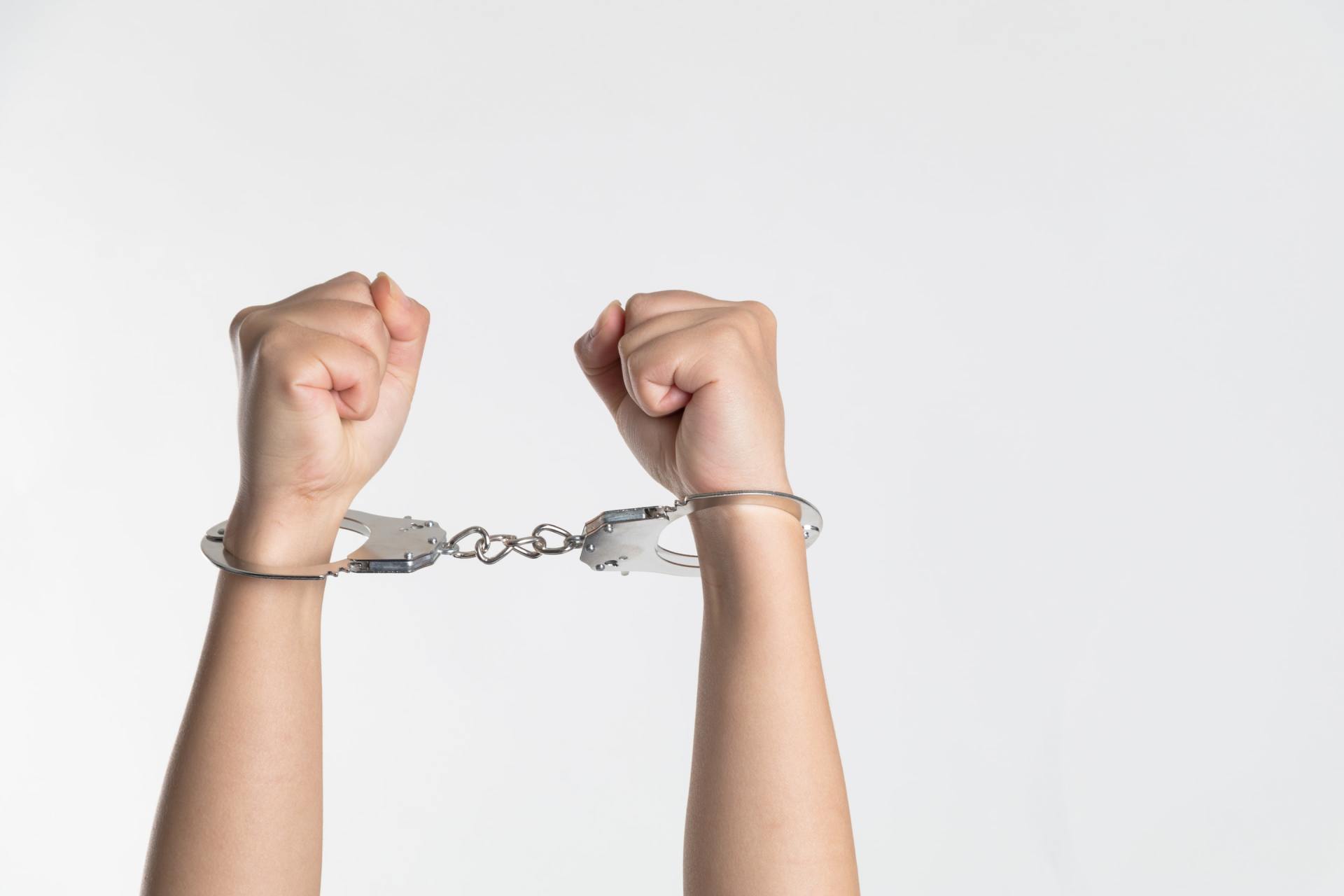Bail Applications NSW
Carla Velasquez • March 31, 2021
What should I do if I am arrested?

What should I do If I am arrested?
Arrests may happen at any time, such as evenings, weekends and public holidays. If this occurs contact Velasquez Legal (02) 8815 8175 or via our chat bot (found in the bottom right hand of the screen) to ensure that you protect your position in the face of criminal charges.
You can contact our office 24 hours a day 7 days a week on our chat bot. We ensure that your loved ones can contact a lawyer directly at the drop of a hat. In the meantime, ensure that you maintain your right to silence until you have had a chance to speak to a criminal defence solicitor who will engage with the NSW Police on your behalf.
The NSW Police must decide whether to give you police bail. If they do not give you Police bail then you must be brought before a court as soon as reasonably practicable.
What if I get arrested on a Friday?
People often get arrested over the weekends and public holidays. This can sometimes interfere with the Police obligation to bring a person who is refused Police bail before a Magistrate or a Registrar at Bail Court which is conducted on weekends and public holidays. An application for release by an accused person on their very first appearance before a Court must be heard. This is the rule however an accused person may choose to delay their bail application until such time as they have made the proper preparations for a successful bail application. Preparations may include affidavits of sureties and mortgage consent documents where equity in a property is used as bail surety.
Unacceptable Risk
The concept of ‘unacceptable risk’ is an important one when the Court considers whether to grant an applicant bail. The Court must consider whether there is an unacceptable risk that the accused, if granted bail will:-
Fail to appear at any proceedings for the offence;
Commit a serious offence;
Endanger the safety of victims, individuals or the community; and/or
Interfere with witnesses or evidence.
Our applications involve preparation of affidavits on behalf of the persons who are providing a surety to the court in order to give the Court comfort that the applicant will comply with their bail conditions.
The court can impose the following bail conditions:
- The applicant must be of good behaviour meaning they must not commit further offences;
- The applicant must reside at a suitable nominated address;
- The applicant must report to a Police Station either daily, three times a week or weekly;
- The applicant must surrender their passport;
- The applicant must not apply for any travel documents;
- The applicant must not contact any co-accused or any Prosecution witnesses;
- The applicant must not contact the complainant or alleged victim;
- The applicant must only possess one mobile phone and provide that number to the officer in charge;
- The applicant must be subject to a curfew and be present at the residence between 8pm-5am;
- The applicant must not go within 5km of an international point of departure.
- Any other orders that the court deems necessary for the protection of the community.
What to do if the Magistrate refuses bail?
If you are refused bail in the Local Court then you may make an application to the Supreme Court to have your matter considered by a Supreme Court Justice. There are lengthy delays in the Supreme Court to hear bail applications and applicants appear via AVL. An application for Supreme Court bail can only be made once bail has been refused in the lower court jurisdiction.
Can I make more than one bail application?
A subsequent application for bail can also be made in the lower jurisdiction so long as there is a change in circumstances relevant to the grant of bail since the previous application was made.
You may also make a further bail application if you were not legally represented on the previous application but you are now legally represented. You can also make a further application for bail if there is material information relevant to the grant of bail is to be presented in the application that was not presented to the court in the previous application.
The Court may refuse to hear a further bail application if it is vexatious or frivolous or if it has no reasonable prospects of success.
Show Cause Provisions
The Bail Act of 2013 introduced "show cause" requirements into the Bail Act which outlines that a bail authority/decision-maker must refuse bail unless the accused person shows cause why his or her detention is not justified.


